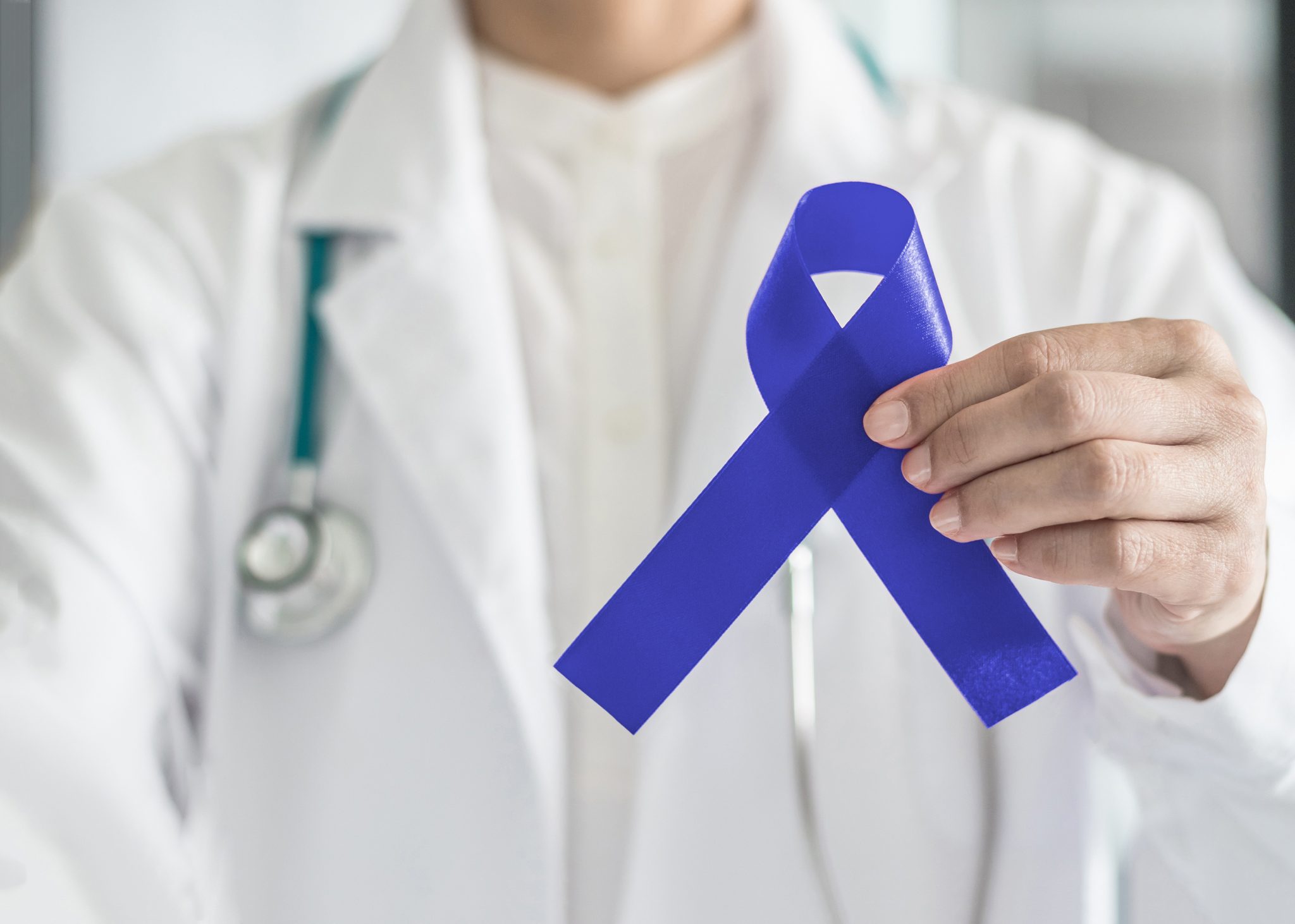All About Bile Duct Cancers
FEB 27, 2024Bile duct cancers are a very diverse group of gastrointestinal cancers that originate from the bile duct system that is contained both within and outside the liver.
Read More
About half of Americans age 50 or older experience occasional hemorrhoids, but they’re rarely discussed. If you’ve had hemorrhoids, you know they are uncomfortable or even painful. But did you know they’re also very preventable?
Hemorrhoids, also called piles, are swollen veins in your lower rectum and anus. They happen when blood vessel walls stretch and the veins bulge and become irritated. Sometimes they occur internally where you don’t see or feel them. These internal hemorrhoids sometimes “prolapse” or bulge outside of your anus. Hemorrhoids can also occur externally under the skin of your anus where you can feel or see them.
The result is pain, bleeding, itching and swelling. You can often avoid this discomfort with three simple life hacks:
Pregnant women, people carrying extra weight, workers or athletes who lift heavy objects and those who have chronic constipation or diarrhea can also experience occasional hemorrhoids. The good news is plenty of over-the-counter lotions and suppositories can ease symptoms of itching, swelling and pain of occasional hemorrhoids. For more advanced or serious cases, treatments include removal by rubber band ligation or hemorrhoidectomy.
It’s important to note that blood in the stool often occurs with hemorrhoids, but it’s also a key symptom of colon or rectal cancer. Because colon and rectal cancers are among the most common and most preventable cancers, it’s important to check with your provider if you have rectal bleeding.
If you’re experiencing any of these symptoms – especially blood in the stool – bring it up to your provider. We can help rule out anything more serious, such as colorectal cancer, while recommending procedures, over-the-counter remedies and positive lifestyle changes that work for you.

Bile duct cancers are a very diverse group of gastrointestinal cancers that originate from the bile duct system that is contained both within and outside the liver.
Read More
Acid reflux is caused when the sphincter between the esophagus and stomach relaxes inappropriately, allowing food to go backwards.
Read More
Want some good news about colorectal cancer? The death rate has been dropping for men and women over the last ...
Read MoreWhen you need local health information from a trusted source, turn to the CHI Health Better You eNewsletter.